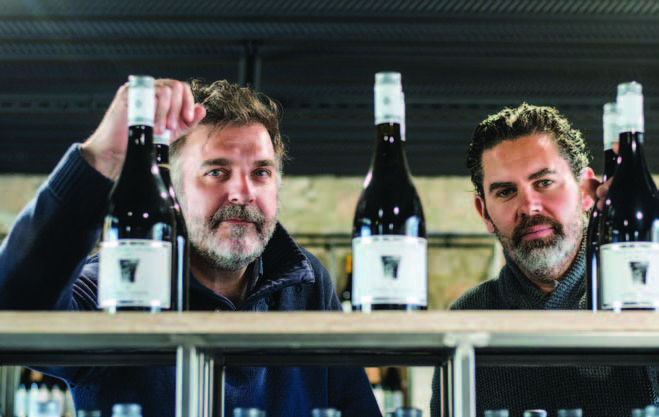Food for Thought / Journal /
A Word to the Wise: Hangovers & Wine
When it comes to wine and hangovers, in general, it’s pretty much like most things in the world, the better the quality of the product; less side effects. In terms of wine this is referenced by the amount of SO2 used during the production of any wine. So, firstly, it’s important to understand that all Wine requires sulphur to […]

When it comes to wine and hangovers, in general, it’s pretty much like most things in the world, the better the quality of the product; less side effects. In terms of wine this is referenced by the amount of SO2 used during the production of any wine. So, firstly, it’s important to understand that all Wine requires sulphur to prevent it from turning to either vinegar or getting oxidation. It’s why every bottle of wine will state on the label contains sulphates. However sulphur in small amounts is harmless but the more you add to a wine the higher risk of a hangover. So, I hear you asking: Why would you add more sulphur to a bottle of wine? Well, this is where the quality of wine comes into play.
There is quite a difference in production methods for mass market “branded” wines and small independent single vineyard wines. Firstly, there are yields from vines that is the main factor in determining overall quality. Everything else is secondary. Generally speaking, mass market Wines will be sourced juice from a number of sites that could be up to hundreds of miles apart. Nothing wrong with that, apart from the fact that each time you move Wine from one storage vessel to the next you have to introduce SO2 to prevent oxidation from taking place. The larger the brand, again generally speaking, the more movements will take place until the final “blend” is completed.
The difference with small producers is that generally the grapes are sourced from a very local site and made within a few miles even metres of the vineyards. By default, this means less movement of the juice and hence less SO2 being used. The less SO2, the lesser chance of a hangover reaction.
So, what should you look out for on the label to identify these grower wines? Again, the wine industry does try to make it easy for the consumer. Phrases like “Estate Grown” “handpicked” “Chateau or Domaine bottled” are the buzzwords to look for. In French this would be “mis en bouteille a la Propriete/Domaine”.
Two ‘grower’ wines available from Platinum Wines are Calmel Joseoh St. Chinian (a red) for $32.50 plus VAT and Calmel Joseph Villa Blanche Chardonnay (a white) for $21.50 plus VAT.